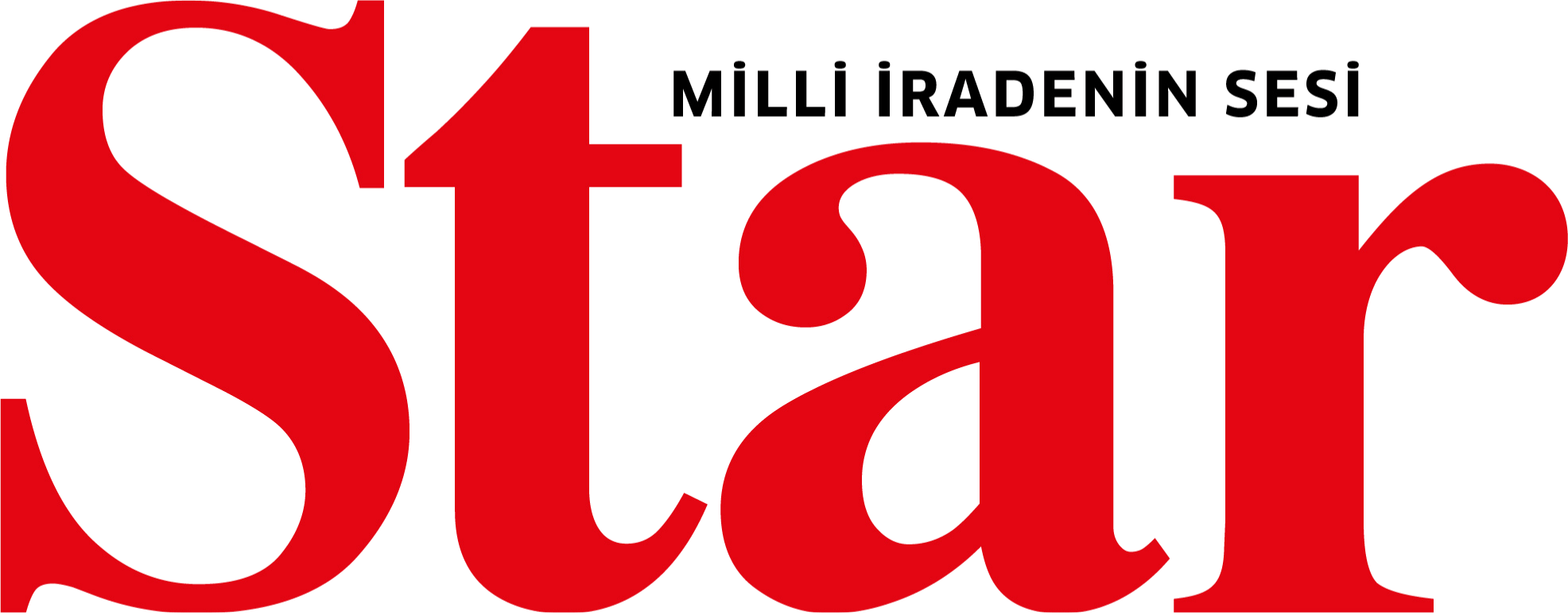Hezbollah was once the Lebanese "resistance", the tough, courageous, self-sacrificing guerrilla army which drove Israel's occupation soldiers out of Lebanon 12 years ago.
Today, it looks more like yet another Arab "security" institution or insecurity institution as it flies drones over Israel and continues to support, to the increasing condemnation of many Lebanese, the Syrian regime of President Bashar al-Assad.
Walid Jumblatt, the Druze leader famous for wind-milling between Syria and its opponents is one of several Lebanese politicians to ask why Hezbollah does not give its military and political support to the Syrian "resistance" rather than the regime it is fighting. Hezbollah is not, as the US State Department claims, fighting alongside Assad's men: but it has assumed "security" duties on the Syrian side of the Lebanese border effectively keeping the Lebanese-Syrian frontier out of rebel hands and uses its formidable intelligence services in the regime's favour. At least four Hezbollah "martyrs" have been returned Syria for burial in Lebanon.
No one doubts the fire-power or tenacity of this most-efficient of guerrilla movements. If it did not win the 2006 war against Israel more than a thousand Lebanese civilian dead did not equal the "Divine Victory" which its leader, Sayed Hassan Nasrallah, claimed then Israel certainly lost it, retreating back across its frontier after fierce, face-to-face combat with Hezbollah fighters. Israel along with America regularly refers to Hezbollah as "terrorists", but Israeli troops who have fought the guerrillas have talked of them with something approaching respect. Hezbollah doesn't run away.
But the organisation has always suffered two basic flaws: it is essentially a Shia Muslim group and thus sectarian by its very nature and it is funded annually by millions of dollars Iran. Hezbollah's continued support for Assad, who is an Alawite effectively of the Shia faith further "sectarianises" its outlook, while its Iranian patronage distances it Lebanon's Sunni Muslims and most of its Christians. That Christian ex-General Michel Aoun has allied himself to Hezbollah tells its own story. Aoun's latest outrageous remark came last week when he said that General Wissam al-Hassan Lebanon's former intelligence boss had himself to blame for his recent assassination because his own security let him down.
Far more worrying for the country, and for many in the government in which Hezbollah also sits, was the pilotless drone which Hezbollah sent over Israel and was only shot down after flying for hundreds of kilometres. Hezbollah said it was made an Iranian kit put together in Lebanon, and that it took photographs of Israel before its destruction which may well be true but this represented a serious escalation of tension between Lebanon and Israel. The Lebanese government can hardly expect the United Nations to listen to its complaints of daily Israeli flyovers when without any permission the government Hezbollah carries out intelligence flyovers the Bekaa Valley.
More than a year ago, Hezbollah sent another drone over Galilee and managed to bring it back undamaged to the Bekaa after flying it close to the supposedly top-secret Israeli listening post in the hills east of Haifa. The latest drone was a message Iran: attack Iranian nuclear sites and Hezbollah drones can attack Israel.
The Israelis themselves believe that if another war breaks out with Hezbollah, Lebanese fighters will seek to enter Israel on the coast and move southwards across Israel's sovereign territory, albeit intended as a symbolic victory rather than any real attempt to "liberate Palestine".
But there are problems for Hezbollah. With the Iranian rial in free fall, its income Tehran must be dropping. Four of its senior functionaries have been accused by the international tribunal of involvement in the assassination of former prime minister Rafiq Hariri in 2005. There are serious doubts about these arrest warrants, but the Hezbollah leader Hassan Nasrallah, pictured, has made it clear that the four men will not be made available to the court, thus again assigning to itself governmental powers of decision which it does not legally possess. Indeed, some of Nasrallah's recent speeches have sounded suspiciously presidential.
Since the "14th March" opposition groups of Sunni Muslims and Christians have refused to co-operate in talks with the government since General al-Hassan's murder he was a good friend of Hariri and an enemy of Syria on the grounds that the pro-Syrian Lebanese government bore responsibility for the general's death, almost all work by the utive in Beirut has stopped. Unfortunately for the opposition, its principal leader, the murdered Hariri's son, Saad, languishes between Paris and Saudi Arabia, fearing perhaps not without reason that he may end up as dead as General Hassan.
This does Hezbollah no harm. But the future hangs heavily upon it. If the Assad regime collapses and is replaced by an Islamist-style Sunni power in Damascus, then Hezbollah will be alone in the Levant, with more than 500 miles of hostile Syrian and Iraqi sand and rock between Lebanon and the Iranian frontier.
If Western support for the Syrian rebels is the West's attempt to destroy Iran's only Arab ally, then Hezbollah will be alone and Israel will be delighted. So will the US. Unless, of course, Bash-ar al-Assad survives.


